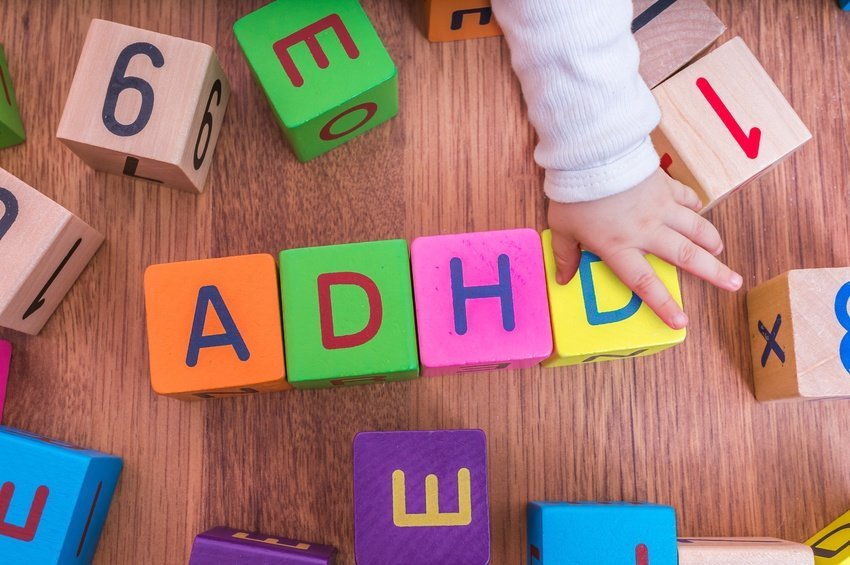NEW YORK : Children with autism spectrum disorder (ASD) may mistakenly be diagnosed with ADHD as they have autism-related social impairments rather than problems with attention, a new study has found.
A screening tool used to assess children for attention-deficit hyperactivity disorder (ADHD) may be less accurate when a child has autism disorder, researchers said.
They said that the tool needs to be refined to better identify the correct disorder, and that clinicians should supplement the screening tool with careful clinical interviews.
“One of our best current screening measures for ADHD may be over-diagnosing ADHD in children with autism,” said study leader Benjamin E Yerys, researcher at Children’s Hospital of Philadelphia (CHOP)in the US.
“This is important because medications that work for ADHD may be less effective for a child on the autism spectrum,” said Yerys.
One complicating factor is comorbidity – an estimated 30 per cent or more of children with ASD also have ADHD.
The researchers suggest that the tool they analysed, the ADHD Rating Scale Fourth Edition (ADHD-RS-IV), while well-validated in assessing ADHD in a general population of children, may overestimate ADHD in children with ASD.
The scale asks parents and teachers to provide numerical ratings to 18 items about a child’s behaviour: nine items on inattention and nine on hyperactivity and impulsivity.
“Our research raises questions not only about this rating tool, but all such measures that rely on parent and teacher ratings to assess ADHD in children with ASD,” said Thomas J Power, from CHOP.
The current study analysed ratings of 386 children, aged seven to 17, who had ASD without intellectual disability.
To test whether the ADHD rating scale was valid in children on the autism spectrum, the researchers used a procedure called factor analysis.
They found that some questions on the ADHD rating scale were high for children with ASD instead of being high just for the subset of children who had significant ADHD symptoms.
“One underlying problem may be in how we ask these questions,” said Yerys.
For example, he explained, parents and teachers are asked “Does the child respond when spoken to directly?”
However, supplying a yes or no answer to this question does not distinguish between actual inattention (a symptom of ADHD) and a child’s lack of understanding about how to behave in a social situation in responding to another person – a social impairment often found in ASD.
Similarly, other questions focus on how well a child stays on task with play activity. ADHD may cause a child to be easily distracted from an activity, but another child may instead stop playing because of ASD-related difficulties with social play.
The study was published in the Journal of Autism and Developmental Disorders. (AGENCIES)
Trending Now
E-Paper


